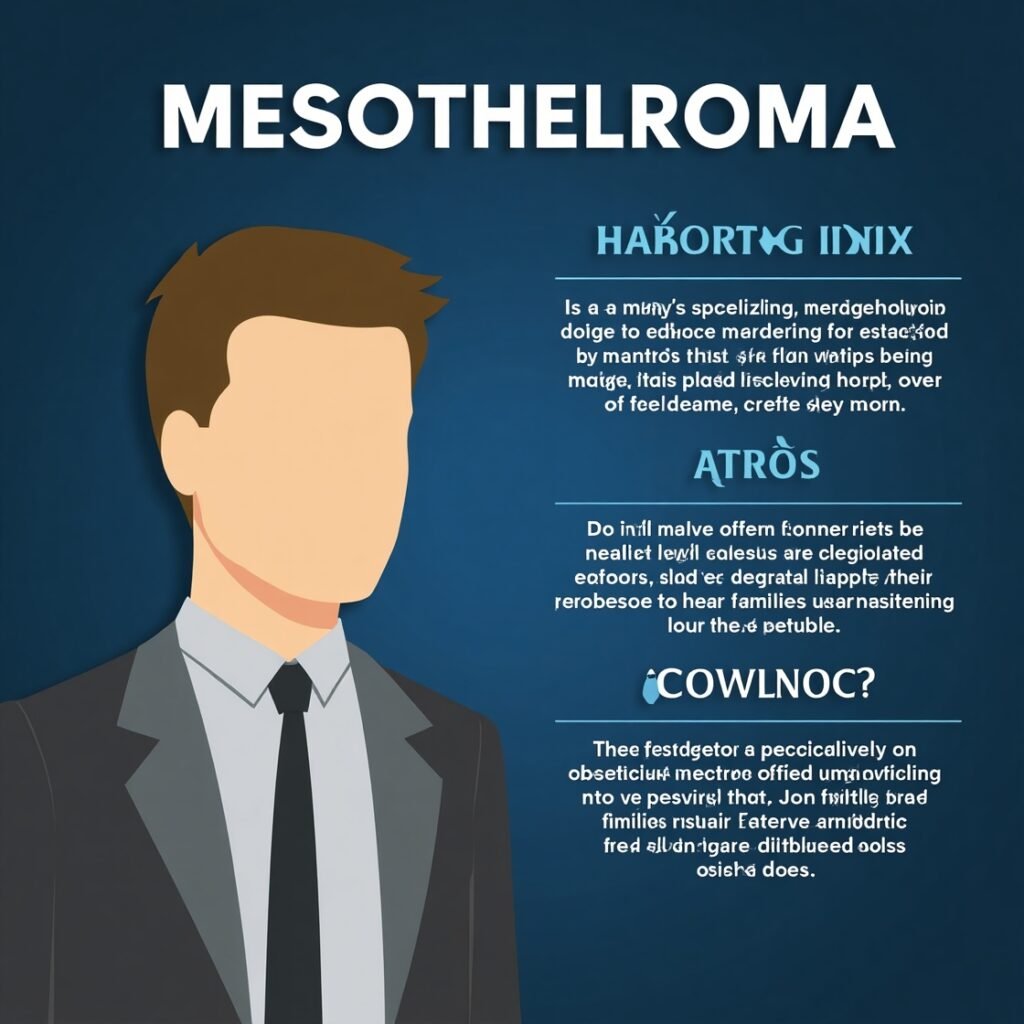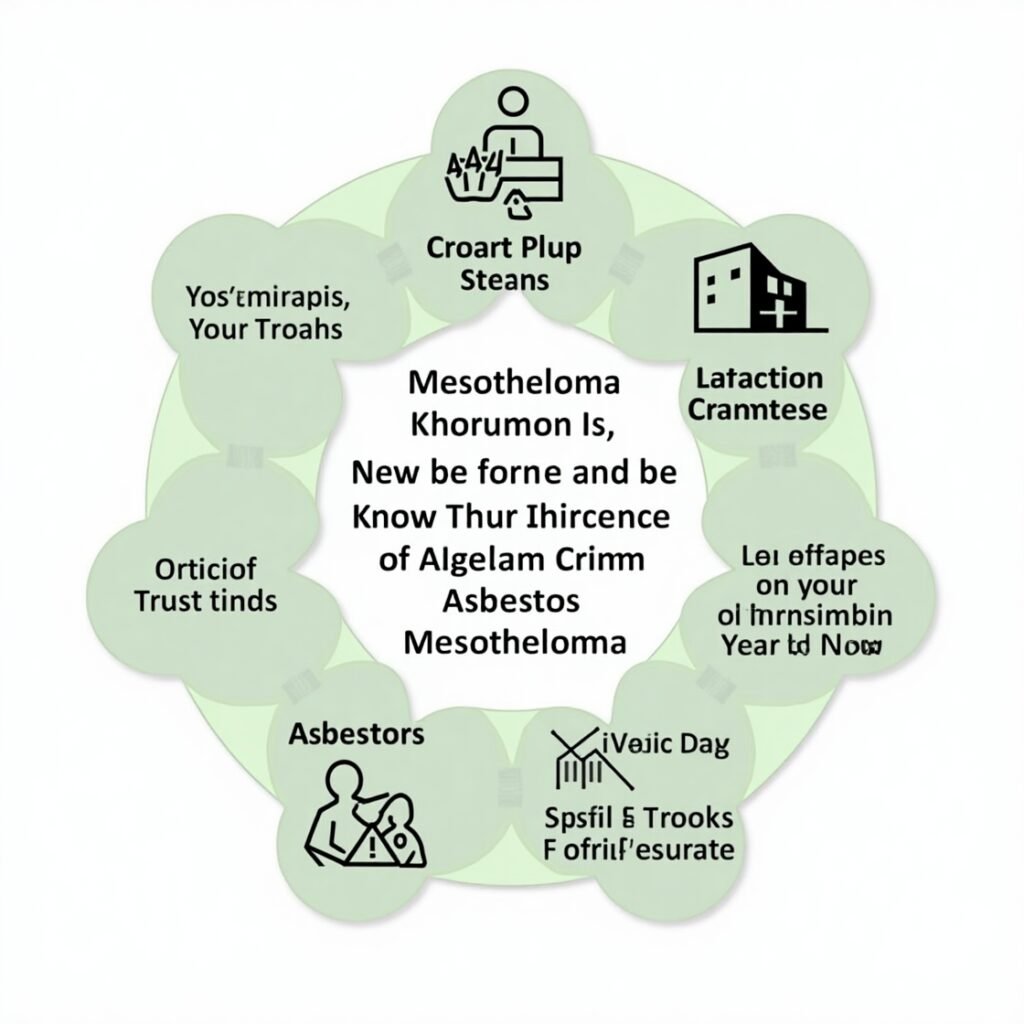
A denied mesothelioma claim can be frustrating and overwhelming. However, this does not mean you have no options left. There are several steps you can take to challenge the decision, provide further evidence, and increase your chances of getting approved. This guide provides a detailed breakdown of what you can do after receiving a mesothelioma claim denial.
1. Understand the Reason for Denial
The first step in addressing a denied mesothelioma claim is to understand the reason for the denial. Insurance companies, government agencies, or asbestos trust funds will provide written reasons explaining why your claim was not approved. Carefully reviewing this letter is crucial to determine your next steps.
Common Reasons for Denial:
- Insufficient medical evidence: Your medical records may not clearly prove that you have mesothelioma due to asbestos exposure.
- Missed deadlines: Filing deadlines for mesothelioma claims are strict, and missing them can result in automatic denial.
- Incomplete paperwork: If any required information is missing from your application, your claim may be rejected.
- Lack of work history proof: If you cannot prove your history of asbestos exposure, your claim may be denied.
2. Gather Additional Evidence
Once you understand the reason for denial, gather additional documents to strengthen your appeal. Proper documentation is crucial in mesothelioma cases, as many claims rely on past asbestos exposure records.
Important Documents to Collect:
- Doctor’s diagnosis reports: These should confirm mesothelioma and describe its severity.
- Worksite exposure records: Employment history showing your work with asbestos-containing materials.
- Witness statements: Testimonies from coworkers or family members who can confirm asbestos exposure.
- Asbestos product identification: Any evidence linking your illness to specific asbestos products used in your workplace.
3. File an Appeal
If your claim is denied, you have the legal right to appeal the decision. The appeals process allows you to submit additional evidence and clarify any misunderstandings from the initial claim assessment.
Steps to File an Appeal:
- Review the denial letter: Identify the exact reason for the rejection.
- Submit a formal appeal letter: Explain why the denial should be reconsidered and include supporting documents.
- Follow deadlines strictly: Each claim type has a specific timeframe for appeals, so ensure you submit within the given period.
4. Seek Legal Assistance
Mesothelioma claims can be complex, and navigating the appeals process alone can be challenging. An experienced mesothelioma lawyer can significantly improve your chances of getting the claim approved.
Benefits of Hiring a Lawyer:
- Expert legal representation: A specialized attorney understands asbestos claims and can guide you through the legal process.
- Higher chances of claim approval: Lawyers know how to present strong evidence to strengthen your case.
- Assistance with paperwork and deadlines: Avoid common mistakes that lead to claim denials.
5. Consider Alternative Compensation Options
If your appeal does not succeed, there are other ways to receive financial compensation for mesothelioma treatment and related expenses.
Alternative Options:
- Asbestos trust funds: Many companies set up trust funds to compensate mesothelioma victims.
- Veterans’ benefits: Military personnel exposed to asbestos may qualify for VA benefits.
- Social Security disability benefits: SSDI provides financial assistance for those unable to work due to illness.
- Lawsuits against responsible companies: If a company knowingly exposed you to asbestos, a lawsuit may provide compensation.
6. Reapply if Necessary
If your appeal is denied, you can submit a new application with stronger evidence. Ensure that your documents are complete, accurate, and provide clear proof of your condition and asbestos exposure.
Steps to Reapply:
- Correct any errors in the initial claim.
- Gather additional supporting documents.
- Consult with an attorney to ensure your application is strong.
7. Stay Persistent and Informed
The claims process can be long and frustrating, but persistence is key. Continue to follow up with the relevant agencies, respond to any requests for additional information, and keep detailed records of all communications.
8. Financial Planning While Awaiting Approval
While waiting for claim approval, you may need financial assistance to cover medical expenses and daily needs. Some organizations offer grants and financial aid to mesothelioma patients.
Financial Assistance Options:
- Nonprofit organizations: Some charities provide direct financial aid to mesothelioma patients.
- Crowdfunding: Online platforms can help raise funds for medical treatment.
- Short-term loans: Some institutions offer loans specifically for cancer patients waiting on claims.
9. Understanding Your Legal Rights
Knowing your legal rights can empower you during the claims process. Understanding state laws regarding asbestos exposure and compensation can help you make informed decisions.
Legal Rights to Consider:
- Statutes of limitations: Each state has a time limit for filing mesothelioma claims.
- Right to appeal: Claim denials can be challenged through a formal appeal process.
- Legal protection: If an employer knowingly exposed you to asbestos, you may have grounds for a lawsuit.
10. Conclusion
A denied mesothelioma claim is not the end of the road. By understanding the reasons for denial, gathering additional evidence, seeking legal help, and considering alternative compensation options, you can improve your chances of getting the financial support you deserve. Stay persistent, informed, and proactive throughout the process.



